Oct 14,V7N- Iran's recent missile barrages against Israel, particularly the large-scale attack on October 1, offer important insights into the capabilities and limitations of U.S. and allied missile defenses, which could be relevant in a potential conflict with China in the Indo-Pacific, analysts say. Despite key differences between the scenarios, Iran's launch of nearly 400 missiles this year provides valuable lessons for both Washington and Beijing regarding the effectiveness of missile defense systems.
According to Collin Koh from the S. Rajaratnam School of International Studies, the primary takeaway for the U.S. is that China's missiles would be more challenging to intercept than Iran's, emphasizing the need for a strategy that includes the ability to strike back, rather than solely relying on defense. This shift to "deterrence by punishment" may become the norm to prevent large-scale missile attacks.
The Indo-Pacific presents a different landscape compared to the Middle East. Distances are much greater, and China’s missiles are more advanced, featuring maneuvering warheads and precision guidance. Additionally, target areas are dispersed, making it harder for China to carry out massed attacks. This year, the U.S. has deployed new weapons in the Indo-Pacific, including the AIM-174B air-to-air missile and the Typhon missile battery in the Philippines.
Ankit Panda of the Carnegie Endowment for International Peace notes that understanding how systems perform after Iran's missile strikes could reduce the risk of conflict. However, uncertainty about missile defense performance could lead to escalation.
China’s missile capabilities, such as the DF-26, are long-range but less accurate than Iran’s newer missiles. Still, China has significant missile stocks, with the DF-26 able to reach U.S. facilities in Guam. Malcolm Davis, from the Australian Strategic Policy Institute, adds that China’s missiles would likely be part of a coordinated assault, including cyberattacks and anti-satellite strikes, making defense even more difficult for the U.S. and its allies. Western missile defense systems in the Indo-Pacific would face a much more formidable challenge from China than they do from Iran.
END/WD/RH/



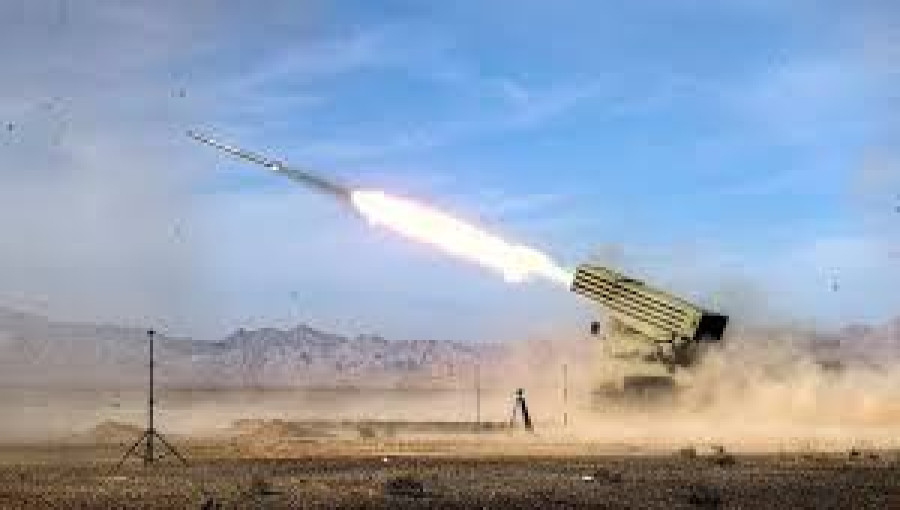


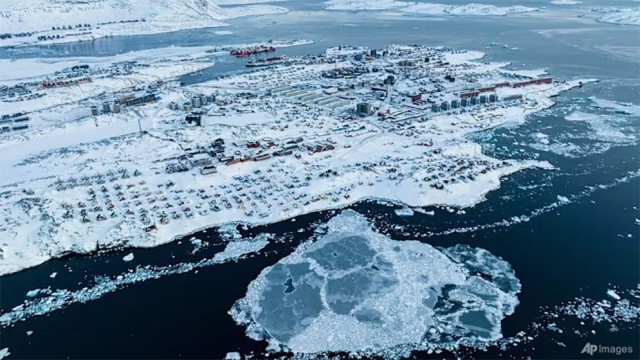
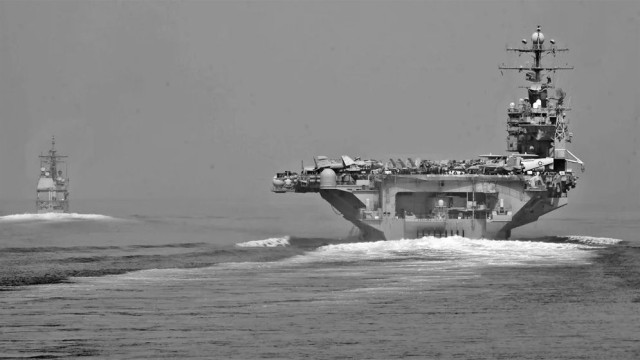
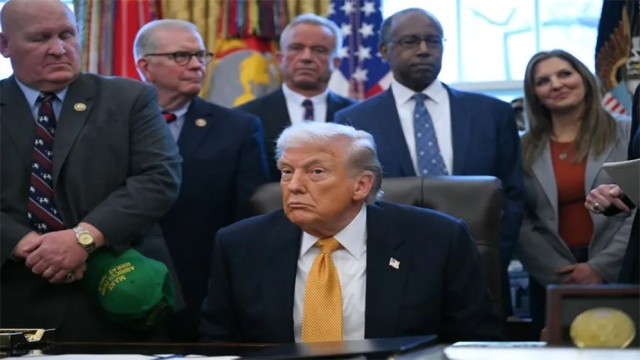
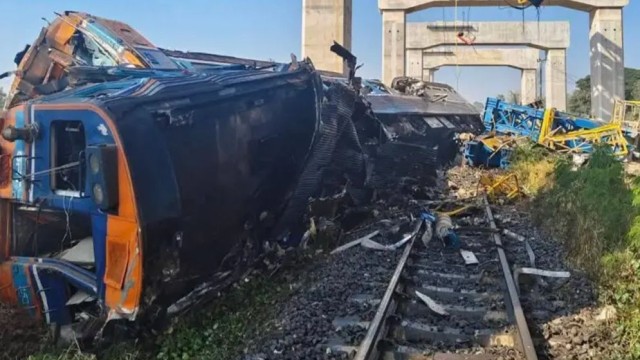



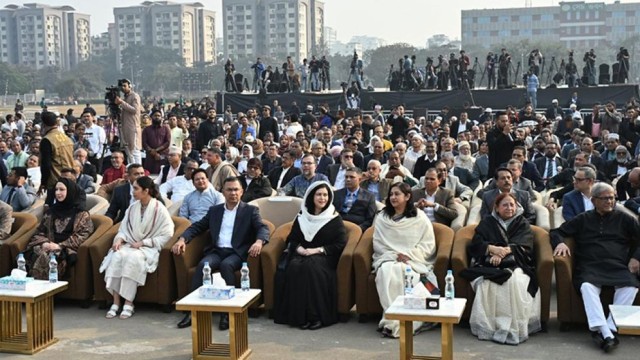

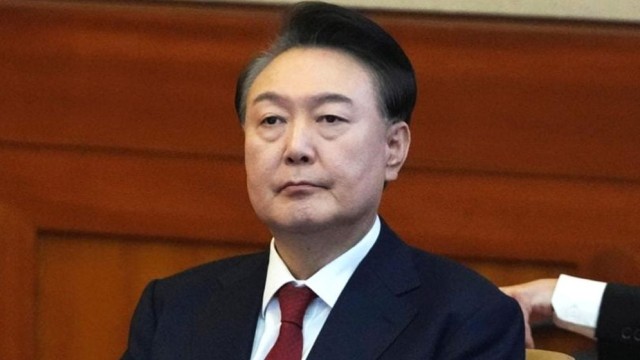







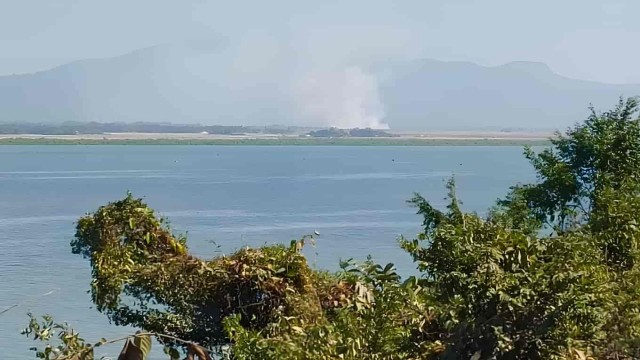


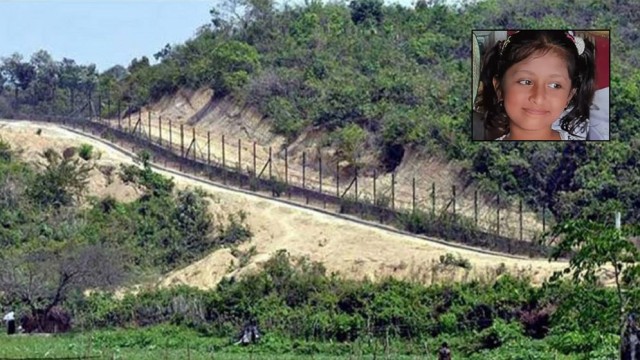
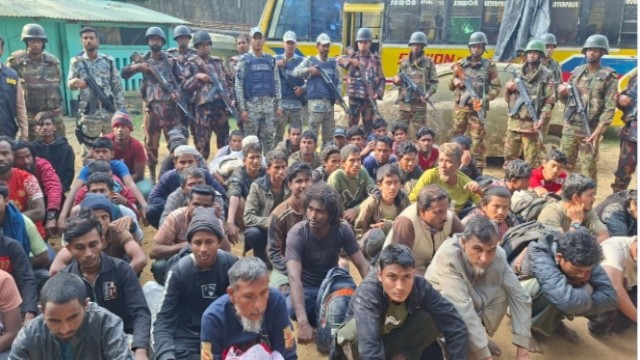



Comment: